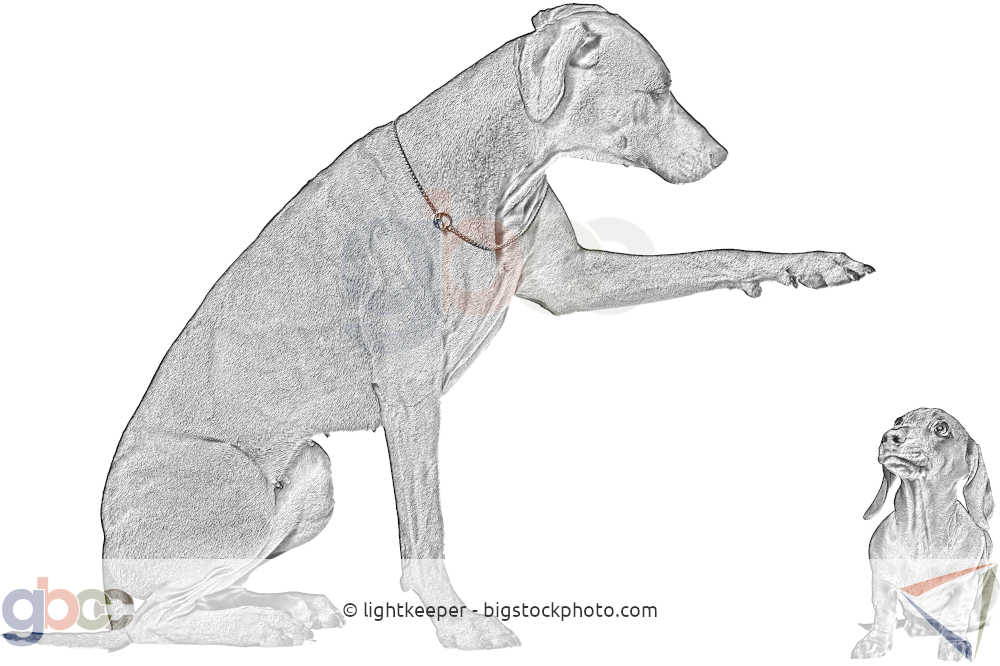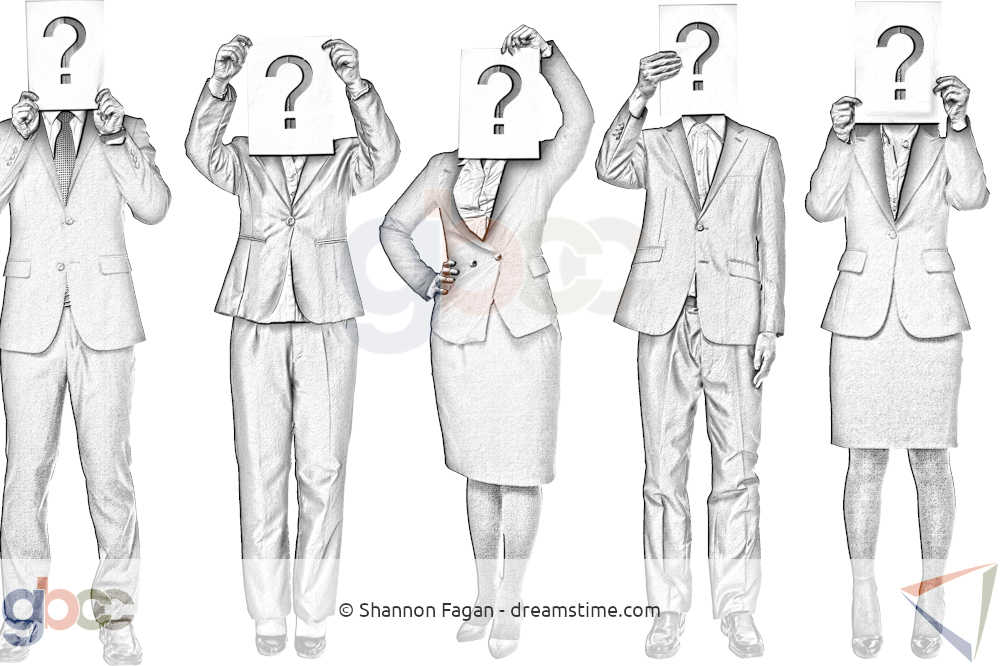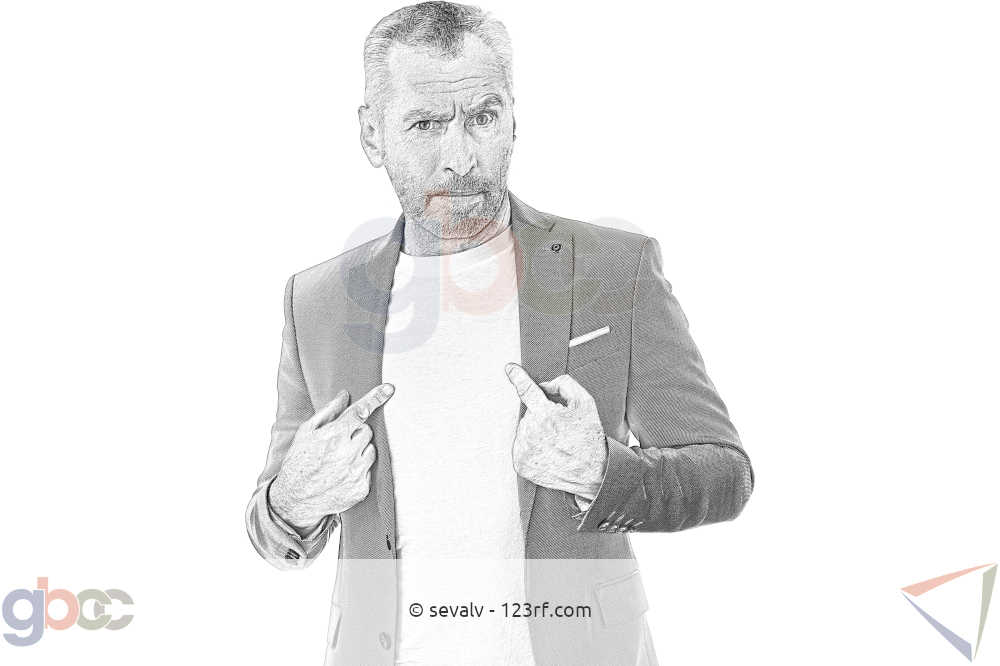What distinguishes “appreciation” from “recognition” or “praise”? Is appreciation of a person as a whole, regardless of context, a realistic goal? When should receiving appreciation be a cause for concern? How do you create an atmosphere of appreciation in your organisation?
Within a short space of time, I came across several posts on LinkedIn which talked about the importance of appreciation for successful people management and motivation. I noticed that the term was used in different ways and that the message was sometimes inconsistent.
What does “appreciation” mean?
I define the term in the literal sense as something that has a material or immaterial value to me, and I appreciate that value.
For example, when I say that as a manager you should appreciate your own working time, I mean that you should realise that your individual activities are investments that should generate material or immaterial added value. If you convert a period of activity into money, you can recognise the value and appreciate it more easily.
However, this article is not about my use of the term, but a critical examination of its use in the context of employee management and motivation today.
Appreciation = recognition or praise?
After all, appreciation is one of the most popular themes in the zeitgeist. As a leader, you are called upon to create an appreciative atmosphere in your organisation. Service providers want to show you and your executives how to show appreciation in order to motivate and retain employees.
If you listen carefully, you will notice that some people use the term quite synonymously with terms like “recognition” or “praise”. Others see appreciation as a consequence of recognition or praise, so let me first make a conceptual distinction.
The recognition
“Recognition” acknowledges the positive intent or commitment behind the employee’s action – even if the result of the action does not seem valuable to you.
Your sales representative John Doe has carried out a detailed market analysis: which new target groups could the company address in the future? This task has not been discussed with you. If John had discussed this with you beforehand, you would have told him that there were no plans to expand into new target groups.
Yes, you can recognise John for his dedication and initiative.
But what if you see no reason to give credit in this situation? Several employees are absent due to illness, and it’s all doom and gloom. The warehouse staff in particular could have used a helping hand, but instead of helping, John has wasted valuable working time on ineffective activities. This upsets you.
If you express recognition despite your anger, you are only feigning recognition. If John has his wits about him, he will see you as dishonest. And dishonest people are not usually appreciated!
The praise
Your “praise” refers to the result of your employee’s work, which seems valuable to you.
We face various issues here:
- Praise is increasingly becoming an inflationary, petty way of motivating employees.
- Praise is often (unconsciously) used in a condescending way, along the lines of “You did a good job, little man”.
- The manipulative potential of praise should also not be underestimated. Namely, when the supervisor wants to use praise to get the employee to do more of what the supervisor likes.

Giving praise in a way that really benefits the employee is exhausting and demanding because you have to:
- Be or become clear about what exactly about the result is valuable to you.
- Be willing to show your cards.
- Take the time to formulate the message in such a way that it reaches the recipient.
If you do this, the quantity of your praise will be drastically reduced, but the quality will be greatly improved, and the likelihood of your praise being perceived as a petty gimmick will be reduced. By showing your cards, you reduce the likelihood that your praise will be perceived as top-down or manipulative.
The appreciation
“Ms Miller, in preparation for this annual review, I have been gathering some opinions about you. I am sure you will be pleased to hear that you are very popular with your colleagues. In particular, your helpfulness and collegiality are positively highlighted”.
Appreciation is the positive evaluation of another person. It is based on an inner general attitude towards others. Appreciation concerns a person’s entire being. It tends to be independent of actions or achievements, although these may influence the subjective evaluation of a person and therefore the esteem.
Translated from de.wikipedia.org/
I can live with this definition, even though I think the emphasis is wrong here (more on that later).
However, I completely disagree with the consequences that are drawn from this for today’s managers. As the saying goes: “Appreciate your employees! Preferably every day!” Because appreciation can be perceived when it is present. However, it is not something that you should actively try to create for or demand from others.
Let’s take the employee, John Doe, who was described above as a starting point. He is perceived by his colleagues in other departments as unreliable, not a team player and selfish: “John only does what he feels like doing or what benefits him personally. And because his attention is always elsewhere, his output is unfortunately often riddled with errors”.
Modern advice would ask you to not limit yourself to this facet of John’s personality. So, before you try to talk to him, focus on the positive aspects of his personality first, so that you can see and appreciate John as a whole.
Is the appreciation of a person as a whole a realistic goal?
As far as this positive inner attitude towards other people is concerned, yes, it is fundamentally possible. Besides the spiritual path, I know of two practical approaches:
- 1. Training in client-centred therapy or similar methods
This includes the basic attitude of “unconditional positive regard”. This enables the therapist/coach to recognise and reinforce the positive qualities of the patient/client and, where appropriate, apply them to the current problem/situation.

- In his spare time, John plays amateur soccer and is seen as a dependable team player by his club teammates. What is he doing differently here? And why?
Well, the therapists/coaches who use a client-centred approach have had sound training and have practised this stance until it becomes second nature.
So, this should not be a benchmark for the supervisors in your organisation because supervisors are not therapists/coaches. Their “training” usually consists of being handed a business card one day with the words “Head of XY” on it.
And your employees are not patients/clients. They are mature business partners who have pledged to provide a service of a certain quality!
- The rocky road to personal development
There are people for whom coming to terms with their own personality is an attractive goal. This is the path of a person who wants to learn to perceive the many shades of grey in their own personality and to arrive at a realistic self-assessment. They realise that their “weaknesses” can also serve them well. They learn to see and appreciate themselves in a positive light.
Hopefully, this development will lead them to be more tolerant of other people’s perceived weaknesses. This is the path to a person who wants to leave behind the pejorative view of their fellow human beings’ behaviour and look “behind” it. A person who perceives their fellow human beings with their many shades of grey and accepts them as such, but whether they perceive and appreciate them positively as a whole remains to be seen, and that is the core message of this article.
I know many people who have been engaged in personal development for years, reading books and attending courses. But in the light of day, many of them have only acquired the “attitude” and the jargon to pretend. The proportion of those whom I really perceive as “developed personalities” is rather small.
In my opinion, this requirement is not an appropriate benchmark because a practical and achievable solution should be based on the real conditions you find in your company.
People think and judge in role categories
One of these realities is that we very rarely get to experience other people in more than one “role” and get to see different facets of their personality.
This even applies to our family. The appreciation we have for a parent is precisely related to our encounters with that person in their role as “father/mother”. The quality of their friendships or the reputation they enjoy among their peers is unlikely to play a role in our judgement of their worth.
And in business, we often meet not the person, but the persona. Persona is the “mask” we humans put on when we interact with others.
Not only do we put on one mask, but it is not uncommon for us to put on different masks in different areas of life.
The employee who you perceive as a meticulous nit-picker in your day-to-day work may be someone who plays the clown and provides good humour among friends.

In short, you can never be sure whether you are appreciating your employee’s true mentality and character, or just the persona they present to you. So what? Does it matter at all?
Appreciation of a person is a relative and fragile generalisation
And here we come full circle, which is why I added the translated definition above and which I believe places the emphasis incorrectly: appreciation concerns the human being as a whole, their entire being, only in so far as it is accessible to others. A further restriction follows: appreciation correlates positively with the fact that the characteristics appear to us to be fundamentally valuable. As a rule, they only seem fundamentally valuable to us if they do not contradict our own values.
And because people behave in various different ways – and sometimes even contradictory ways – there are qualities that we find valuable and qualities that we find despicable. What then?
A spiritually enlightened person will probably always be able to be positive towards other people. All the rest of us can do is try to perceive a person in a differentiated way. Something along the lines of “I appreciate this facet, not that one”. In theory, this path is open to everyone! But it is more likely that most people will make a black and white judgement.
Let’s take our favourite actor as an example. We see him – not him, but his public persona – in many interviews where he is charismatic, likeable, and charming. And he is actively involved in environmental protection and the like. He enjoys our appreciation as both an actor and as a human being.
But one day it turns out that he has abused a number of children over the years. The appreciation for that person is gone in one fell swoop. Of course, he is still a good actor. He still gives good interviews and is still active in environmental protection. But we now have a new weighting and a new generalised conclusion about him as a human being.
Is appreciation per se something positive?
Feeling appreciated by others is a good feeling. It motivates us to do more of what is obviously “working”. So, like praise, appreciation can also have a (subconscious) manipulative effect. We are therefore well advised to pause for a moment and look more closely at the message behind appreciation.
Consider an adult who spends their free time looking after their parents. Let us further assume that the parents appreciate this quality time and care, and underline this by saying, “No one could wish for a better child. Our friends envy us”.
But is there really something positive happening here, given the context? The child is behaving in this way even though they have a very demanding job with a lot of overtime. There’s no consideration for their own physical, psychological, or financial limits. Wouldn’t it be more appropriate for the parents, who should know the context, to say, “We really appreciate what you are doing for us, but we don’t want that. We want you to take better care of yourself in the future”?
Or let’s say your employees appreciate that you are someone who always has an open ear, that you take the time to explain things calmly and as often as necessary. That you don’t dwell on repeated mistakes but respond with patience and understanding. Again, the question is, is there really anything positive happening here given the following context?
- Some employees are simply too lazy to look for a solution themselves and abuse your well-intentioned gesture.
- Your calculated hourly rate is five times higher than theirs, so the process is neither effective nor efficient.
- And the consequential costs of the avoidable errors that you urgently need to uncover and eliminate are eating up your profits and endangering the future of the company.
Professionalism and a culture of dispute instead of feigned appreciation!
The way out of this dilemma is certainly not to feign appreciation and avoid difficult conversations. This is exactly what happens when managers are constantly told that they need to show appreciation to motivate:
They feel blocked and are unable to give authentic, critical feedback and speak frankly when necessary.
And this is more necessary than ever because society is increasingly forgetting how to argue constructively.
People are losing the ability to take negative criticism.
They are becoming more thin-skinned, taking everything personally, and reacting in an offended and offensive way.

Companies must therefore strive for professionalism, which includes, among other things, a community in which individuals expect themselves to be able to work productively and constructively with others – even if they do not like the other person at all.
It also means striving for a culture of debate that ensures that difficult discussions are conducted in a civilised manner. This is the compulsory part of the exercise. The free part is then a further training session in communication to communicate more successfully with each other.
Advertising in our own name
If you want to learn more about communication pitfalls or refresh your knowledge, take my online course “The four sides of communication”.
How can appreciation be positively influenced?
Let’s take the example of John Doe again. He is perceived by colleagues in other departments as “unreliable, not a team player and selfish”. He is not appreciated by them. Why doesn’t John change his behaviour? And why is he not reprimanded by his superiors?
- Perhaps because he gets his recognition hierarchically because he shows commitment and initiative. Yes, sometimes he goes too far. That is a nuisance, but it is much more important for the management team that he ensures good sales with his behaviour.
- If a colleague complains about him to management, this person will hear: “You’re right, I’ll talk to him”. John, on the other hand, will hear: “Someone has complained about you. Please be more diplomatic, but don’t worry unnecessarily. I am very pleased with your performance”.
It is very important to keep in mind that the real action in companies takes place within processes, not in reporting lines. What one professional produces as output, another professional needs as input to continue working with it.
In other words, professionals as “internal service providers/suppliers” don’t provide this service for their manager, but for other professionals as their “internal customers”!
Having said that, there are some measures that can be taken. The most important, in my view, is to clarify mutual role expectations – especially in terms of processes. Your professionals need to understand what their internal customers expect of them.
The appreciation we feel for a colleague has a significant positive correlation with the fact that they create value with their work, which we appreciate. Then we can generously overlook the fact that we are critical of their core values and character traits.
Conclusion
The real action in your business takes place in process steps, not in reporting lines. So, it’s important that everyone’s attention is focused on processes and that the person at the end of the process chain adds real value – for customers and for the whole organisation.
- By addressing the needs of internal customers, the professional gains clarity about the expectations of their own role and about what activities really make sense.
- And they experience peer recognition from colleagues who can actually make use of their output.
In this way, your company gradually becomes an organisation where people are genuinely appreciated for doing work that is of value to their colleagues, instead of being an organisation where reminders pop up for managers to have two more “appreciation conversations” to meet their monthly target.

